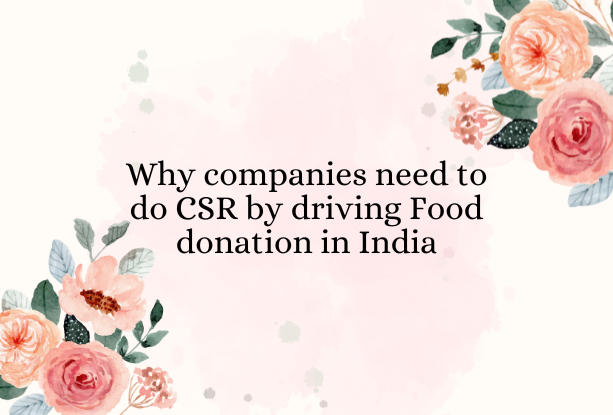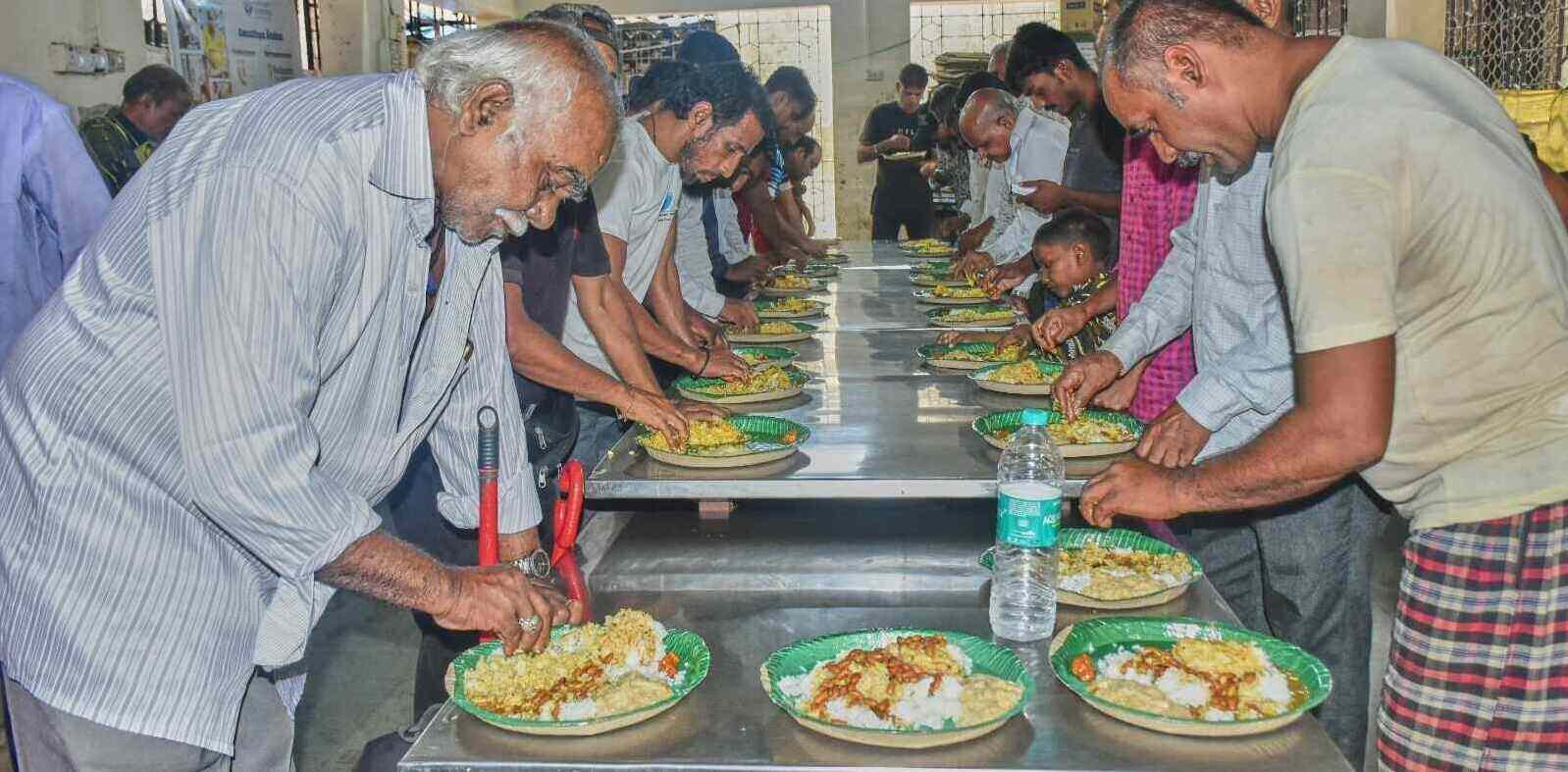Why companies need to do CSR by driving Food donation in India
POSTED ON April 27, 2023 BY AKSHAYACHAITANYA

Winston Churchill once said, “We make a living by what we get, but we make a life by what we give.” In this sense, volunteer work is one thing that makes our lives meaningful and fulfilling, while making the world a better place at the same time. We live in a developing and technologically-powered world where enough food is produced to feed the entire population. Yet, with all means at our disposal, wastefulness and hunger coexist in this world. That is why food donation is more than charity-work. It is a win-win model of becoming an agent of change. Lending a feeding hand does not just benefit the recipient, it benefits the donor by improving the physical, psychological, emotional, and spiritual well-being. All top ngos of india help in providing food for people.
What is CSR?
Corporate Social Responsibility (CSR) refers to the voluntary actions taken by companies to improve the social, economic, and environmental conditions in which they operate. CSR can take many forms, including philanthropic donations, volunteer programs, sustainable business practices, ethical labor standards, and environmental conservation efforts. They can do so by tying up with NGO for CSR in India.
The main objective of CSR is to create a positive impact on society and the environment while also generating value for the company and its stakeholders. Companies that engage in CSR initiatives aim to go beyond their legal obligations and contribute to the well-being of society and the planet.
Corporate social responsibility is becoming increasingly important for companies as consumers, investors, and other stakeholders are becoming more socially and environmentally conscious. Companies that demonstrate a commitment to CSR activities are more likely to attract and retain customers, investors, and employees who share their values.
India has a large population of people who are food insecure and living in poverty. According to the Global Hunger Index, India ranks 101 out of 116 countries in terms of hunger and malnutrition. The latest report from the Food and Agriculture Organization of the United Nations (FAO) estimates that approximately 189.2 million people in India are undernourished, which is more than 14% of the population.
Additionally, the COVID-19 pandemic has worsened the food insecurity situation in India, with millions of people losing their jobs and struggling to access food due to lockdowns and disruptions to supply chains. Corporate social responsibility hence becomes a moral responsibility of the successful companies to create an environment offering equal opportunities.
Therefore, there is a significant need for food donation and other forms of support for food- insecure people in India. Many organisations and companies are working to address this issue through various initiatives, including food banks, community kitchens, and food donation drives. These efforts are crucial in providing essential support to the most vulnerable populations in the country.
Companies can benefit from engaging in corporate social responsibility (CSR) initiatives that involve food donation in India in several ways:
Meeting a Social Need:
By donating food, companies can help address the problem of hunger and malnutrition in India. According to the Global Hunger Index, India ranks 101 out of 116 countries in terms of hunger and malnutrition. By contributing to the cause, companies can play a vital role in ensuring that people have access to nutritious food.
Enhancing Reputation:
CSR activities can enhance a company's reputation by demonstrating a commitment to social and environmental issues. By focusing on food donation, companies can show that they are addressing a critical social issue and are committed to making a positive impact on society. This also helps in building a recognised Employer brand for the organisation.
Employee Engagement:
Many employees want to work for companies that are socially responsible and contribute to the community. Engaging in CSR activities can help companies attract and retain talented employees who value social responsibility and want to work for companies that share their values.
Tax Benefits:
The Indian government provides tax saving options to companies that engage in CSR activities like food donation. By donating food, companies can not only help the community but also benefit from income tax saving options under section 80g of income tax act. Companies who do not have a dedicated CSR department can always donate to NGOs who take up the responsibility of doing the field work and uplift the society.
Brand Awareness:
CSR activities can increase brand awareness and help companies reach a broader audience. By promoting their food donation programs, companies can generate positive publicity and increase brand visibility, which can lead to increased customer loyalty and sales.
In conclusion, companies that show support towards NGO in Mumbai as part of their
Corporate social responsibility in India can benefit in several ways, including meeting social
needs, enhancing reputation, engaging employees, receiving tax benefits, and increasing
brand awareness.


_1748431751.jpg)